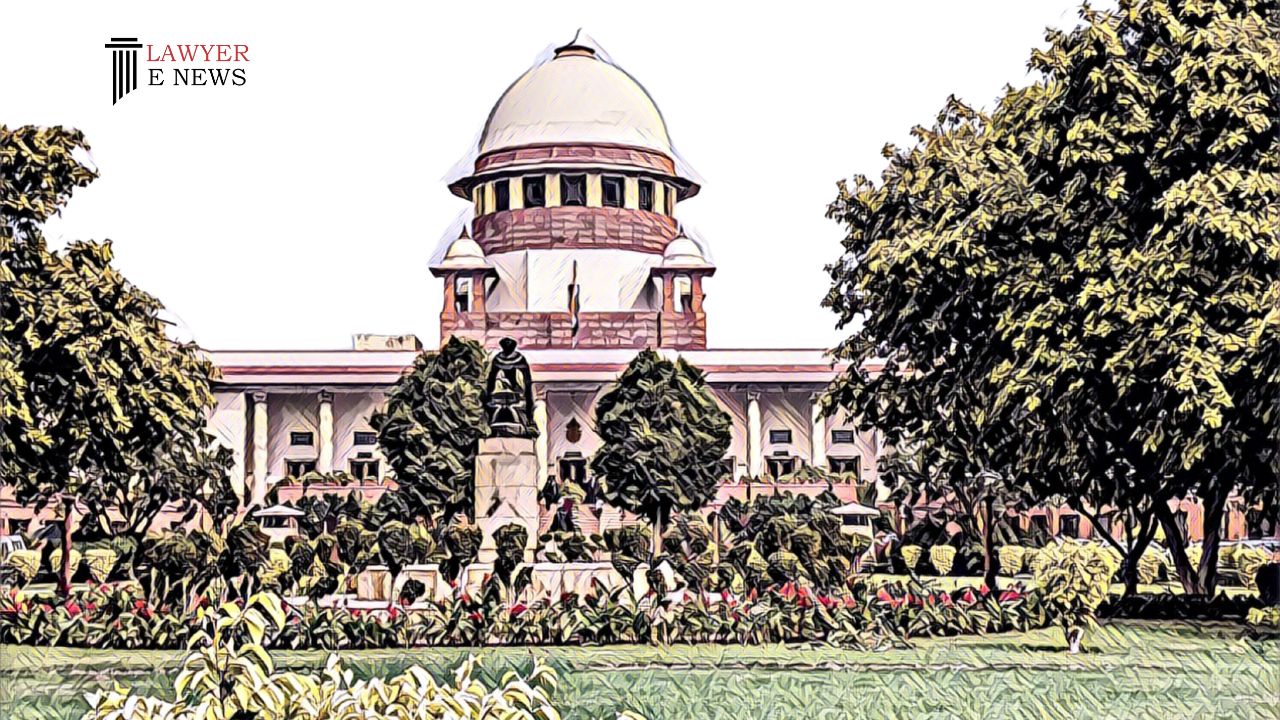-
by Admin
15 February 2026 5:01 PM



The Supreme Court, in a significant judgment, has upheld the principles governing the law of limitation, emphasizing its foundation on public policy aimed at ending litigation by forfeiting the remedy rather than the right itself. The apex court reiterated the discretionary power of courts under Section 5 of the Limitation Act, to condone delay in legal proceedings, while maintaining a balance between liberal interpretation and strict enforcement of limitation laws.
Facts and Issues: The Special Leave Petition (SLP) arose from an appeal against the High Court’s dismissal of an application for condonation of a 5659-day delay in filing an appeal in a land acquisition compensation case. The petitioners were the legal heirs of one of the original claimants whose land was acquired in 1989 for the Telugu Ganga Project. The claimants had sought to challenge the award of compensation but failed to substitute the heirs of the deceased claimants during the pendency of the reference, leading to the dismissal of their case.
Public Policy and Law of Limitation: The court noted the public policy foundation of the law of limitation, highlighting the necessity to conclude litigation within a fixed period.
Section 3 vs Section 5 of the Limitation Act: The Court differentiated between the strict interpretation of Section 3, which mandates dismissal of cases filed post-limitation, and the liberal interpretation of Section 5, which provides for condonation of delay in certain circumstances.
Discretionary Power and Sufficient Cause: While acknowledging the court’s discretionary power to condone delay under Section 5, the judgment emphasized the need for ‘sufficient cause’, ruling out mere sympathy as a ground for condonation.
Refusal to Condone Delay: The Court observed that the High Court rightly refused to condone the delay due to the lack of due diligence and negligence on the part of the petitioners.
No Interference with High Court’s Decision: The apex court found no reason to interfere with the High Court’s decision, given the petitioners’ failure to act diligently and the acceptance of the judgment by other claimants.
Decision: The Supreme Court dismissed the Special Leave Petition, affirming the High Court’s refusal to condone the substantial delay in filing the appeal.
Date of Decision: April 8, 2024
Pathapati Subba Reddy (Died) by L.Rs. & Ors. Vs. The Special Deputy Collector
